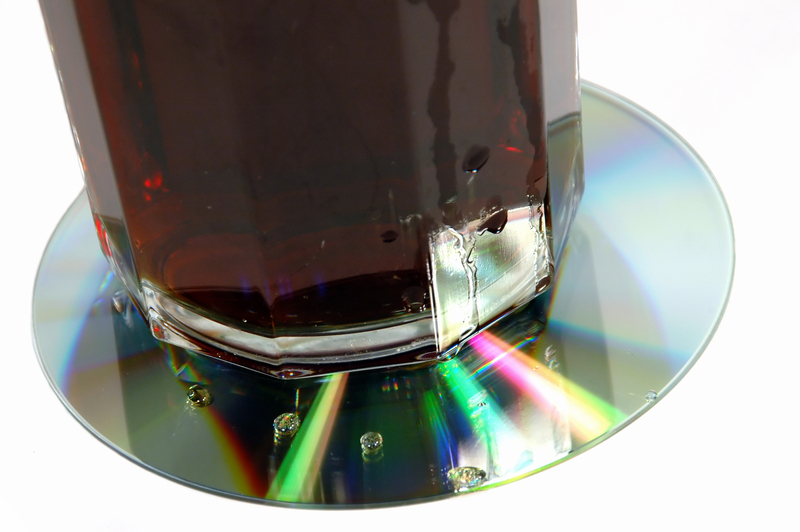Dive into the World of Metal Recycling and Its Benefits
Welcome to the fascinating realm of metal recycling, a crucial industry that significantly impacts our environment, economy, and society. As global industrial demands rise, understanding the importance of metal recycling becomes ever more essential. Through innovative processes and strategic initiatives, metal recycling not only conserves natural resources but also strengthens economic sustainability.
What is Metal Recycling?
Metal recycling involves the collection and processing of scrap metals to create secondary raw materials that can be used in manufacturing. This process helps reduce the need for mining, conserves resources, and minimizes environmental pollution. Various metals, including aluminum, steel, copper, and iron, are commonly recycled due to their versatile applications in industries.
The Benefits of Metal Recycling
Recycling metals offers a multitude of benefits. Let's explore them in detail:
1. Environmental Benefits- Reduces Energy Consumption: Recycling metals saves a substantial amount of energy. For instance, recycling aluminum saves up to 95% of energy compared to producing it from raw materials.
- Decreases Pollution: The recycling process emits fewer greenhouse gases and pollutants compared to traditional mining and refining processes.
- Conservation of Natural Resources: Metal recycling minimizes the need for raw metal extractions, preserving natural landscapes and habitats.
- Job Creation: The metal recycling industry generates employment opportunities across collection, sorting, and processing sectors.
- Cost Savings: Using recycled metals can be more cost-effective than new metal production due to lower energy requirements and raw material costs.
- Market and Revenue Growth: The global demand for recycled metals fuels economic growth by meeting industrial needs at competitive prices.
- Community Engagement: Metal recycling initiatives often involve local communities in collection drives and awareness campaigns.
- Waste Reduction: Recycling significantly reduces the volume of waste that ends up in landfills, contributing to cleaner and healthier communities.
Types of Metal Recycling Processes
Metal recycling involves various techniques to efficiently recover and process scrap metals:
- Collection and Sorting: Scrap metals are collected from various sources, including industrial waste, household items, and end-of-life vehicles.
- Shearing and Shredding: Large metal pieces are cut and shredded to reduce size, allowing for easier handling and processing.
- Separation: Methods such as magnetic separation, eddy current separation, and flotation are used to segregate metals based on their properties.
- Melting and Purification: The sorted metals are melted in furnaces and purified to remove impurities, ensuring high-quality end products.
Common Metals and Their Recycling Process
Below is an overview of some commonly recycled metals and their specific recycling processes:
AluminumAfter collection, aluminum is shredded, melted, and recast into new products. The energy-saving aspect is significant, making aluminum one of the most economically viable metals to recycle.
SteelSteel is magnetic, allowing for easy separation from other materials. It is melted in electric arc furnaces and used to produce new steel products like beams, automotive parts, and appliances.
CopperCopper recycling involves melting and purification, often using electrolysis to achieve high purity levels for electrical applications.
Challenges Facing the Metal Recycling Industry
Despite its advantages, the metal recycling industry faces several challenges.
- Contamination: Mixed or contaminated scrap metals require extensive sorting and cleaning, increasing processing costs.
- Market Fluctuations: The prices of scrap metals can be volatile, affecting the profitability of recycling operations.
- Industry Regulation: Stricter environmental regulations can impact the recycling process and increase compliance costs.
Innovations and the Future of Metal Recycling
Technological advancements and innovative practices continue to evolve in the metal recycling industry. Key developments include:
Advanced Sorting TechnologiesTechnologies like AI and machine learning are being integrated into sorting systems, improving accuracy and efficiency.
Closed-Loop Recycling SystemsThese systems aim to recycle materials indefinitely, continuously reintroducing scrap metals into the production cycle without quality degradation.
Conclusion
Diving into the world of metal recycling reveals its indispensable role in promoting environmental sustainability, economic growth, and social well-being. As industries and individuals become more environmentally conscious, the demand for efficient recycling solutions will continue to rise. Embracing these advancements and overcoming challenges will ensure that metal recycling remains a cornerstone of a sustainable future.
As such, participating in recycling initiatives, supporting policy changes, and investing in innovative technologies will further enhance the benefits and efficiencies of metal recycling.

